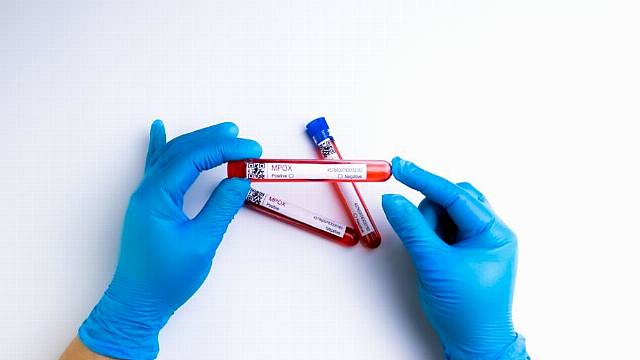US President Joe Biden’s administration will help 50 countries identify and respond to infectious diseases, with the goal of preventing pandemics similar to the Covid-19 outbreak.
Government officials will work with the countries to develop better testing, surveillance, communication and preparedness for such outbreaks in those countries, helping to “prevent, detect and effectively respond to biological threats wherever they emerge”, Mr Biden said.
The Global Health Security Strategy, the president said, will help protect people worldwide and “will make the United States stronger, safer, and healthier than ever before at this critical moment”.
The announcement comes as countries have struggled to meet a worldwide accord on responses to future pandemics. Four years after the coronavirus pandemic, the prospects of a pandemic treaty signed by all 194 of the World Health Organisation’s members are flailing.
The US programme will rely on several government agencies — including the US State Department, the Centres for Disease Control and Prevention, Health and Human Services and the US Agency for International Development, or USAID — to help countries refine their infectious disease response.
Congo is one country where work has already begun, the official said. The US government is helping Congo with its response to an mpox virus outbreak, including with immunisations.
Mpox, a virus that is in the same family as the one that causes smallpox, creates painful skin lesions. Last year, the World Health Organisation declared mpox a global emergency, with more than 91,000 cases spanning across 100 countries to date.
The virus was previously known as monkeypox, because it was first seen in research monkeys.
The White House on Tuesday is releasing a website with the names of the countries that are participating in the programme. Biden officials are seeking to get 100 countries signed onto the programme by the end of the year.
The US has devoting billions of dollars to the effort. Mr Biden is asking for 1.2 billion dollars (£0.96 billion) for global health safety efforts in his yearly budget proposal to Congress.







